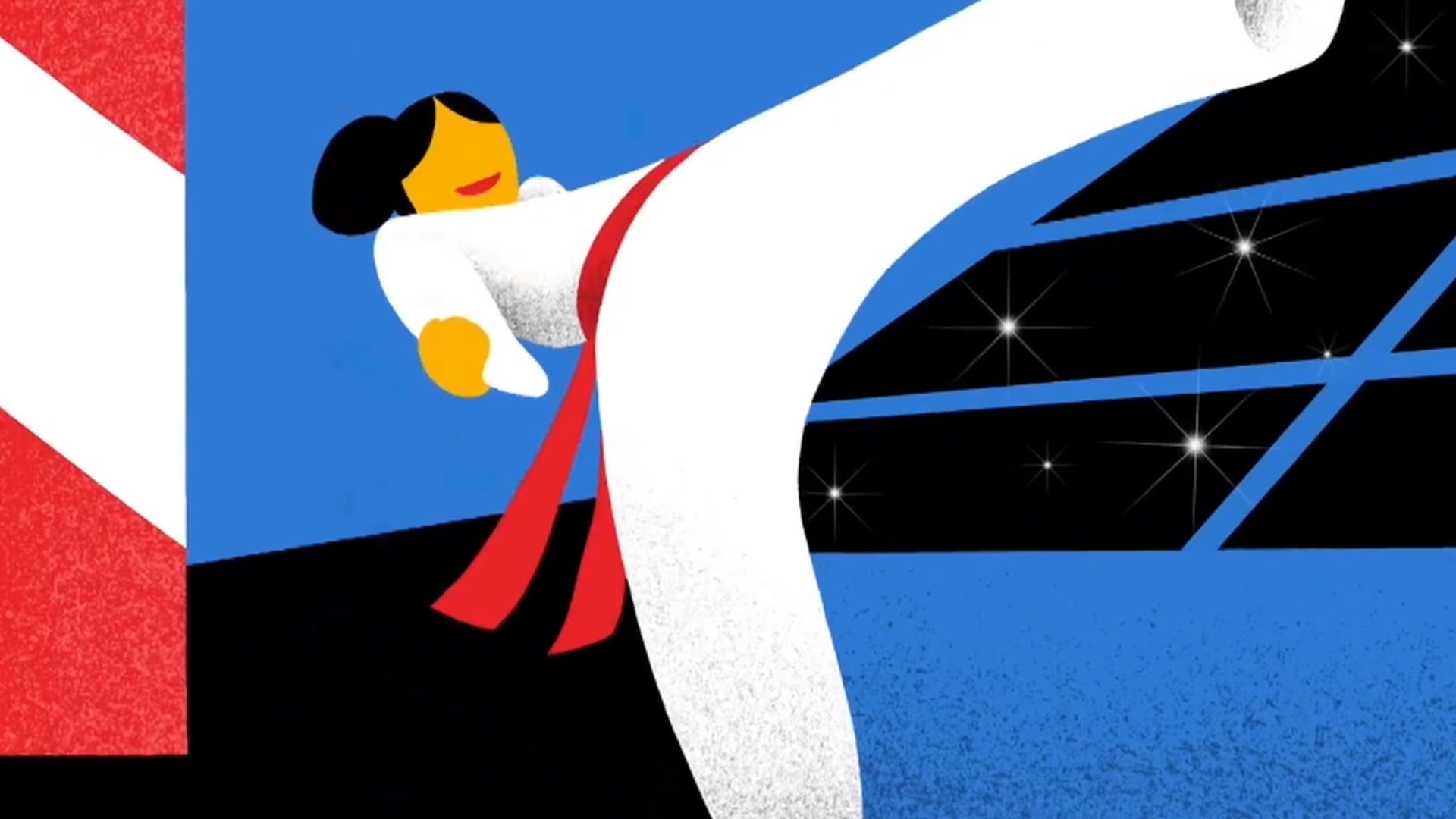
Arguably a decade late to the party, the Olympics is taking steps into esports by unveiling an event featuring exactly zero traditional esports titles.
Earlier today, the International Olympic Commission unveiled the Olympic Esports Series. Players worldwide can attempt to qualify for a suite of games in the hopes of making it to the finals in Singapore in June. The problem as I see it, however, is that these games aren't esports.
The closest to that definition would be Gran Turismo 7, the Motorsport offering for the competition. Glossing over the fact that the Olympics doesn't have its own motorsport competition, I don't know that Gran Turismo is the competitive game of choice for that community. I'd have guessed at Codemasters' F1 series for that, although as a leading casual game without all that Formula One branding, perhaps GT7 was a more sensible option.
After that, the next most esports-adjacent game I can see is Virtual Regatta, dubbed as "the most popular sailing game in the world." Following on, you've got the baseball game, which has a mobile spin-off that hosts a moderately popular competitive scene in Japan. That's all well and good, but a single regional mobile competition does not an esport make. Similarly, Just Dance - the game being used for the 'Dance' event - might hold competitions on an international scale, but it's not an esport.
The Archery title is an app I can't even find online, the Cycling game looks like a twist on Peloton, and Tennis: Clash reminds me of the original Wii Sports game. Taekwondo looks more interesting, but it's an invitational competition allowing up-and-coming martial artists to compete using some motion-capture software, and so it's not available to anyone else. The final, and perhaps most intriguing event is Chess, a game with an online scene established enough that it does dally with the title of 'esport', but which, crucially, is not an actual sport, in that it is a board game.
There's nothing inherently wrong with any of these games, nor do I have a problem with the Olympics using them to expand its horizons. What I do mind, however, is that instead of sticking to the 'Virtual Sports' title it uses on its website (and which it used in 2021), it's adopted the term esports, which despite definitions that might include any online competitive video gaming, has coalesced around a handful of titles and genres, mostly with ongoing leagues and well-funded, widely broadcast international competition.
League of Legends is an esport. Counter-Strike is an esport. Call of Duty is an esport. Sometimes esports are grassroots, but more often than not they are designed from the ground up, a corporate decision made in the early stages of a game's development. Riot Games would not have made Valorant - arguably the most recent new esport - if it didn't plan to leverage its expertise from League of Legends to build an entirely new competitive format around it. And it's done that successfully - Valorant won last year's Best Esports Game at The Game Awards. In terms of peak viewership, it's bigger than Rocket League, Call of Duty, and Overwatch. An esport can be created, but it can't simply be declared, and that's what the IOC has fallen foul of.
Weekly digests, tales from the communities you love, and more
Unsurprisingly, the event is getting clowned on by actual esports fans, several of whom are highlighting the games that the IOC could have drawn from if it wanted an actual esports-driven event. It's worth noting that the IOC has, on many occasions, distanced itself from traditional esports due to their regular depiction of violence, automatically barring most of the biggest games from proceedings immediately. But if that's the case, there was next to no need to use the term esports in the first place. I hope the Olympics can yield some renewed interest in virtual sport (a format that saw a genuinely interesting evolution through the pandemic), but piggybacking on 'esports' does this event no favours.
Looks like the IOC might benefit from our beginner's guide to esports.

I'm GamesRadar's Managing Editor for news, shaping the news strategy across the team. I started my journalistic career while getting my degree in English Literature at the University of Warwick, where I also worked as Games Editor on the student newspaper, The Boar. Since then, I've run the news sections at PCGamesN and Kotaku UK, and also regularly contributed to PC Gamer. As you might be able to tell, PC is my platform of choice, so you can regularly find me playing League of Legends or Steam's latest indie hit.


